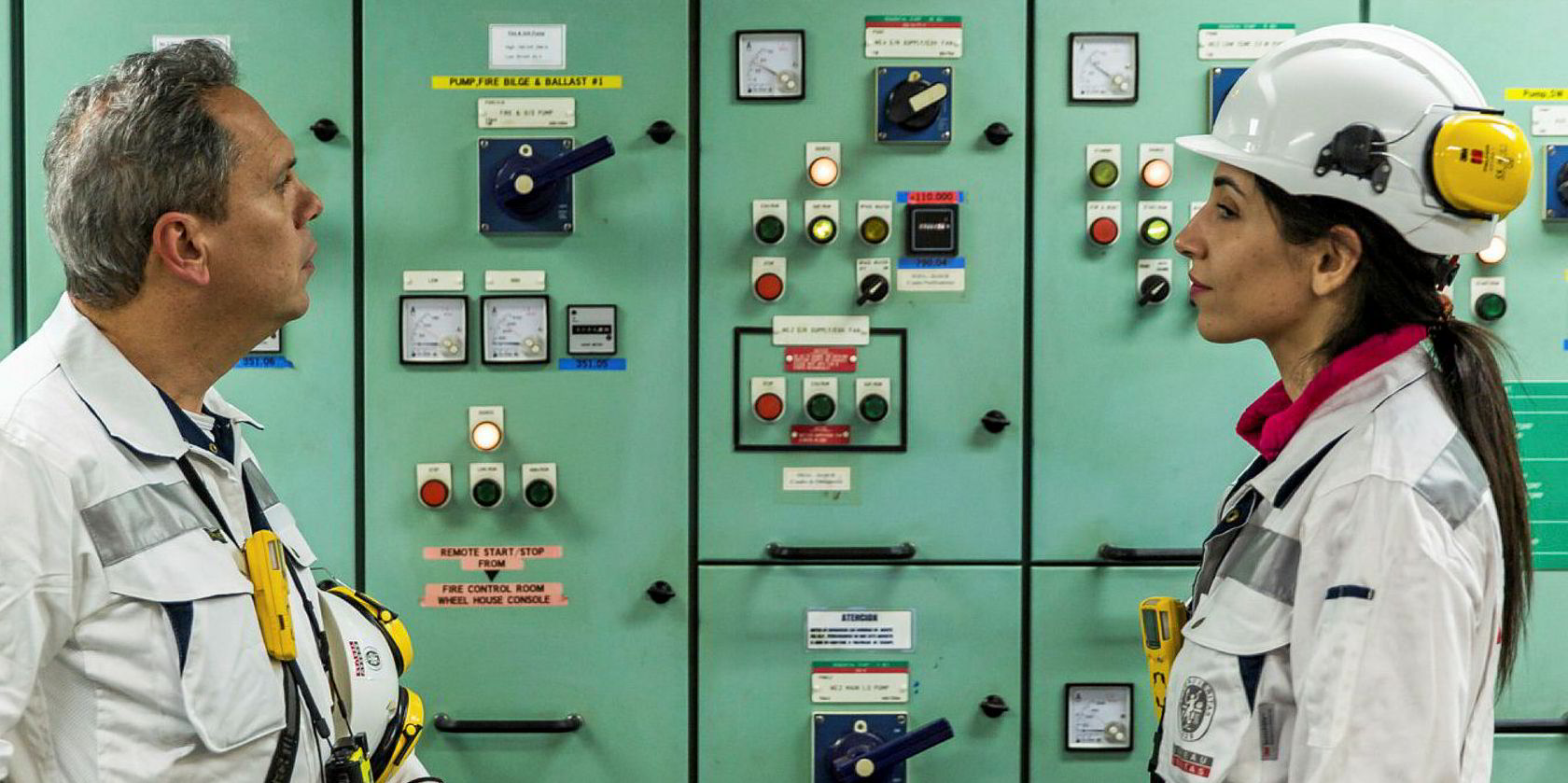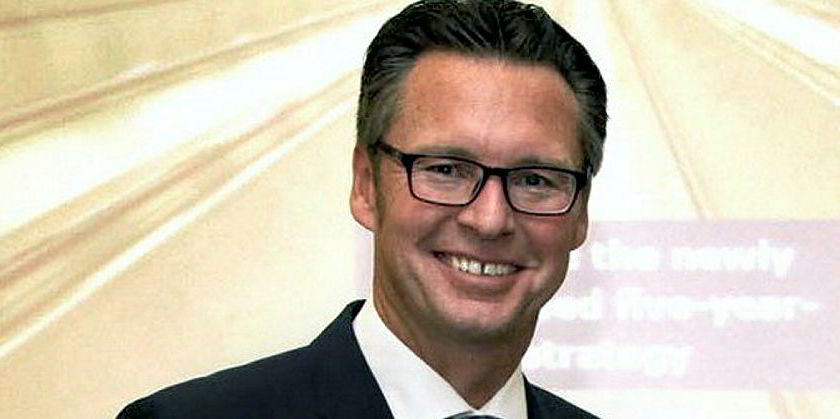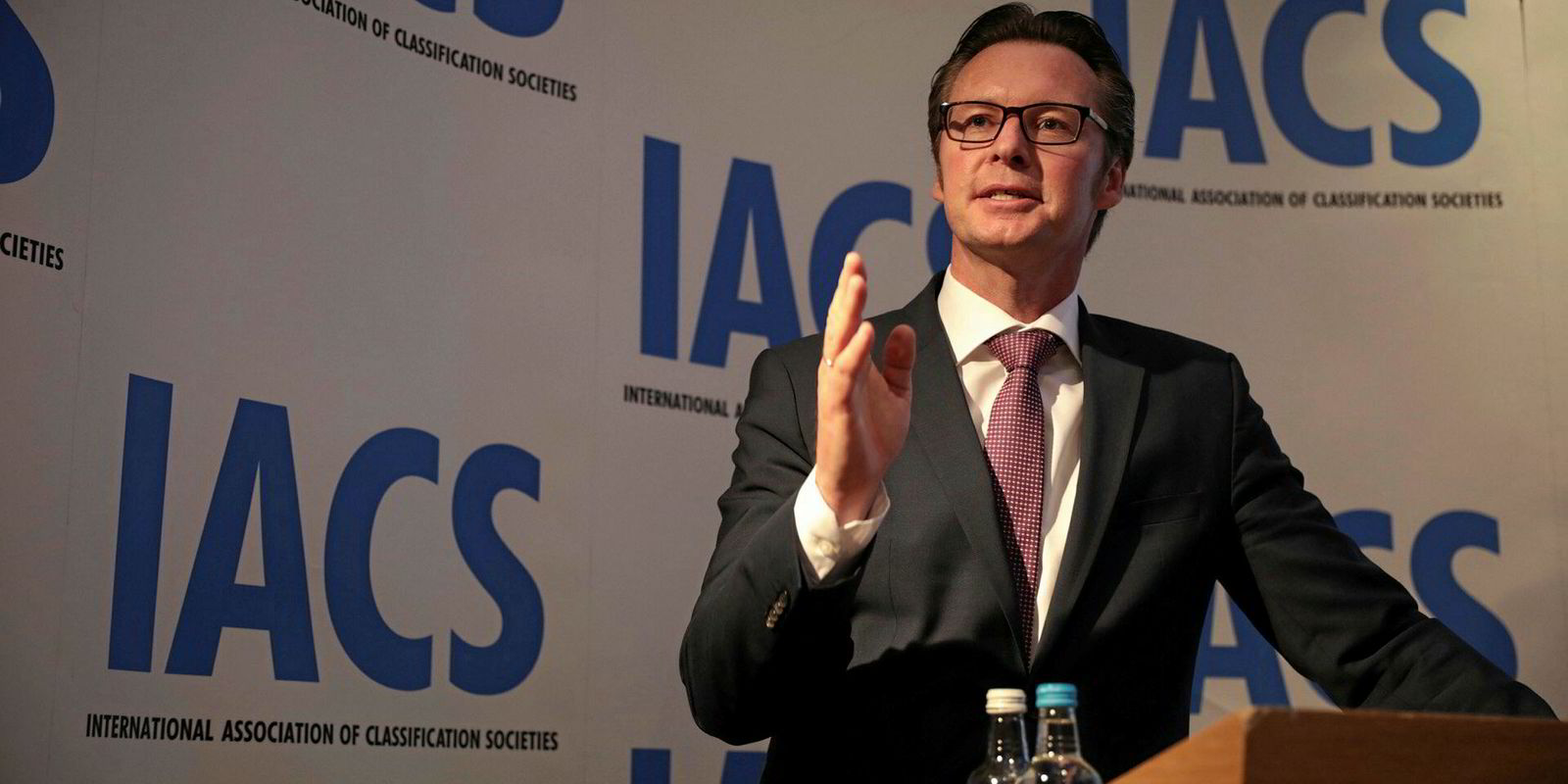As I hand over the IACS chairmanship to my successor — Lee Jeong-kie, chief executive of the Korean Register — it is a good time to reflect on what lies ahead. When I became chairman of the International Association of Classification Societies last July, I laid out three main goals for my tenure: modernise classification in anticipation of developments in digitalisation and new technologies; reinforce the role of IACS as the leading technical association and key advisor to the IMO; and improve continuity and transparency within the organisation.
I believe we have made real progress in each of these important areas, exemplified by our achievements in autonomous shipping, cyber security, modern survey techniques, internal benchmarking and a five-year strategic horizon aligned with that of the IMO.
We acknowledged the need to identify evolving levels of autonomy, rather than taking the leap to unmanned shipping. IACS has established a working group to examine relevant resolutions and identify which standards present potential regulatory barriers to varying degrees of autonomous ship operations.

IACS is leading a joint industry working group, developing 12 recommendations to be applied at the newbuilding stage, with the objective of helping shipbuilders deliver cyber-resilient vessels. This process should be completed by the end of the year, and the association intends to report on progress to the IMO at MSC100 in December.
Modernising class is another key challenge, and members showed they are up to the task by accelerating their implementation of digital certificates and drone surveys.
As for IACS itself, we carried out the first substantial revision of our membership criteria in nearly a decade. A new internal benchmarking process will also help members improve performance and increase transparency.
In times of change and transformation, we all need to adapt — technology, ways of working and mindset. Having said that, I don’t see this as a sudden revolution in classification, in which we throw everything we know overboard and start back at square one. Rather, this is a gradual transformation to becoming more advanced, more transparent and more efficient.
I was asked recently whether the speed of change in the maritime industry will necessitate a narrowing down of class functions. I do not believe so. Instead I think we will employ different, more efficient, smarter ways of working. The complementary effect of digital technology and the human element together will be the way forward for class societies. This does not mean the role or scope of class will be diminished. Rather it means we will find more agile, faster, more effective means of ensuring quality and safety at sea.
Classification societies have played a central role in shipping for more than 150 years. That role remains equally valid today, and will continue to be essential.
As an organisation, IACS needs to keep focusing on agility in addressing relevant industry topics, to strengthen the contribution and thus the role of class, and to ensure it keeps its position as the leading technical association.
And as the pace of change in the industry quickens, class has a key part to play in helping customers to understand the benefits that digital technologies offer for safety, quality and efficiency. We need to continually assess new solutions, establish them within the regulatory framework and ensure their safe, pragmatic implementation.
Our ways of working may be changing, but the higher purpose of classification remains the same: to protect life, property and the environment. The maritime industry has always turned to class for independent opinions, expert assessments and best practices, to establish trust. Now class aspires to deliver trust in the digital domain.




